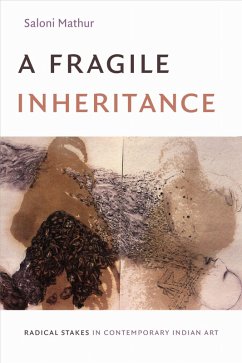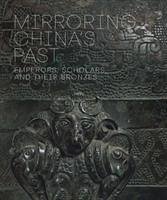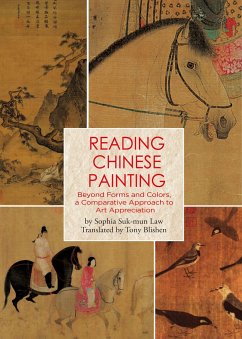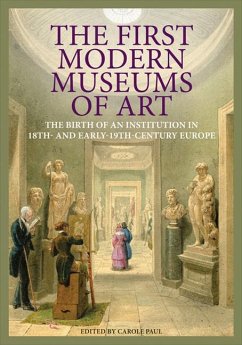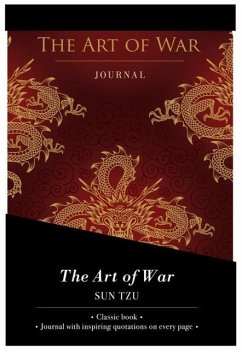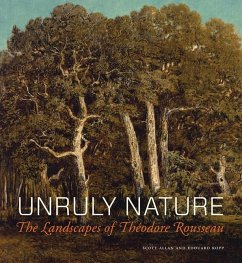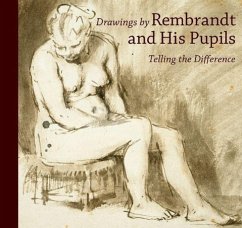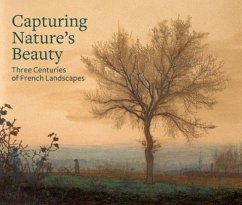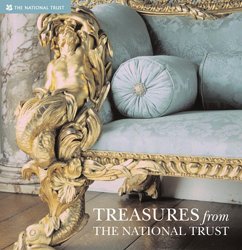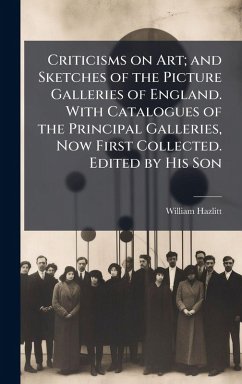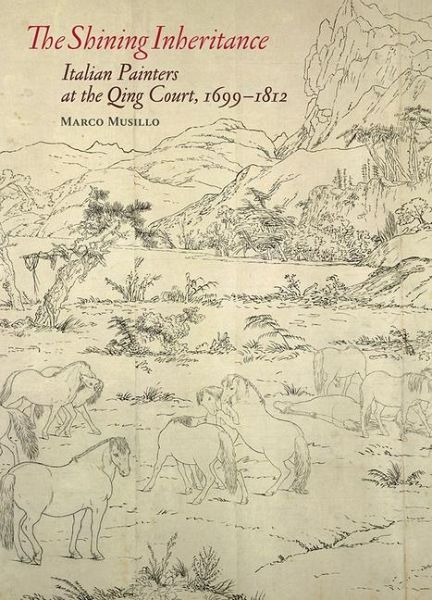
The Shining Inheritance
Italian Painters at the Qing Court, 1699-1812
Versandkostenfrei!
Versandfertig in über 4 Wochen
60,99 €
inkl. MwSt.

PAYBACK Punkte
30 °P sammeln!
A perceptive account of East-West artistic exchange through the lens of Baroque Italian painters who made China their home During Qing dynasty China, Italian artists were hired through Jesuit missionaries by the imperial workshops in Beijing. In The Shining Inheritance: Italian Painters at the Qing Court, 1699-1812, Marco Musillo considers the professional adaptations and pictorial modifications to Chinese traditions that allowed three of these Italian painters -- Giovanni Gherardini (1655- ca. 1729), Giuseppe Castiglione (1688-1766), and Giuseppe Panzi (1734-1812) -- to work within the Chines...
A perceptive account of East-West artistic exchange through the lens of Baroque Italian painters who made China their home During Qing dynasty China, Italian artists were hired through Jesuit missionaries by the imperial workshops in Beijing. In The Shining Inheritance: Italian Painters at the Qing Court, 1699-1812, Marco Musillo considers the professional adaptations and pictorial modifications to Chinese traditions that allowed three of these Italian painters -- Giovanni Gherardini (1655- ca. 1729), Giuseppe Castiglione (1688-1766), and Giuseppe Panzi (1734-1812) -- to work within the Chinese cultural sphere from 1699, when Gherardini arrived in China, to 1812, the year of Panzi's death. Musillo focuses especially on the long career and influence of Castiglione (whose Chinese name was Lang Shining), who worked in Beijing for more than fifty years. Serving three Qing emperors, he was actively engaged in the pictorial discussions at court. The Shining Inheritance perceptively explores how each painter's level of professional artistic training affected his understanding, selection, and translation of the Chinese pictorial traditions. Musillo further demonstrates how this East-West artistic exchange challenged the dogma of European universality through a professional dialogue that became part of established workshop routines. The cultural elements, procedures, and artistic languages of both China and Italy were strategically played against each other in negotiating the successes and failures of the Italian painters in Beijing. Musillo's subtle analysis offers a compelling methodological model for an increasingly global field of art history.




